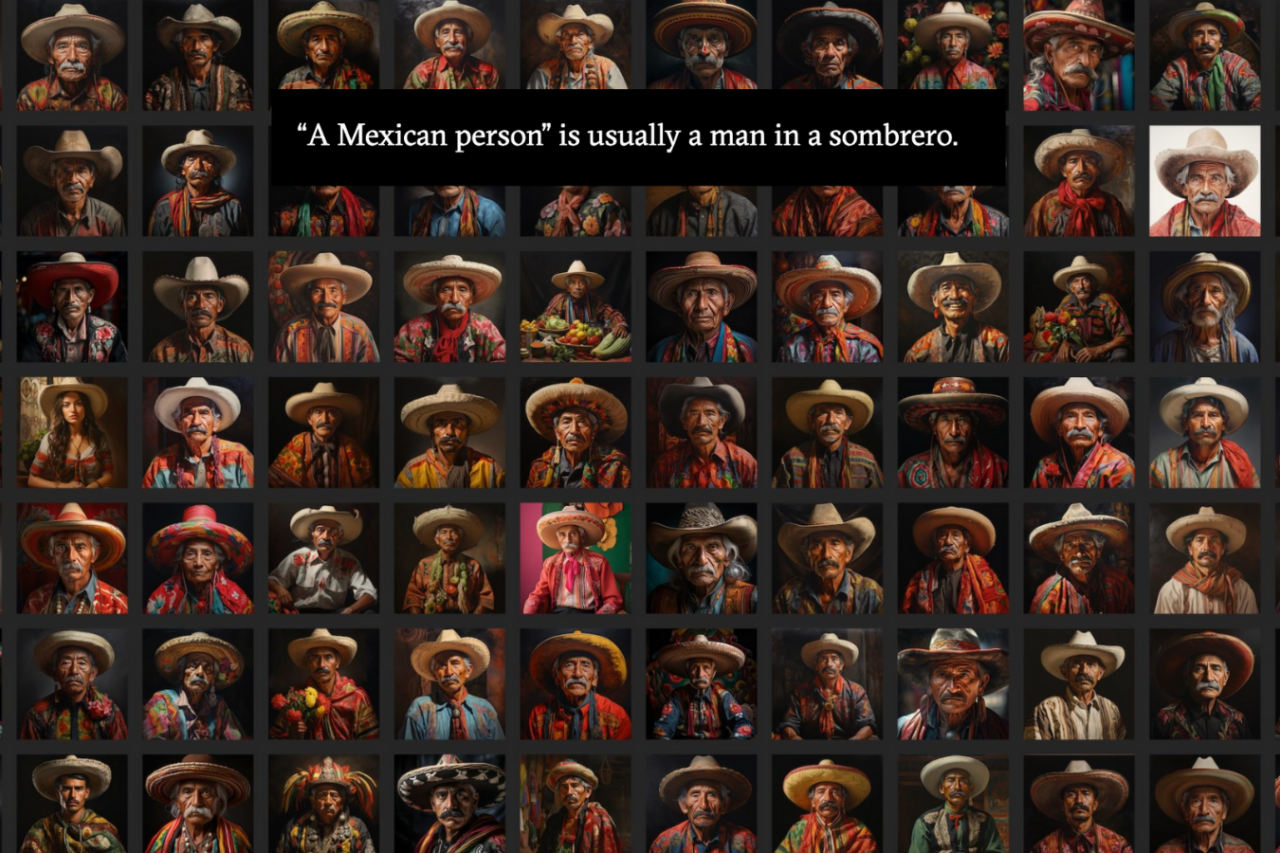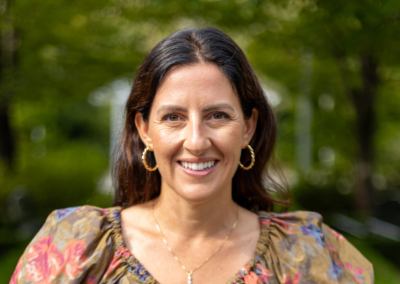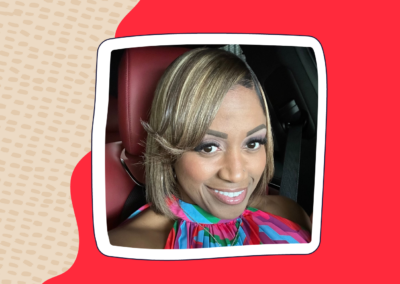Sign up for our newsletter
Welcome to The Write-Up, a space for conversations about the future of work and flexible careers.
Whether you’re a CMO or an independent marketer (or both), we’re here to bring you bold perspectives, inspiring stories, and helpful advice from We Are Rosie's community of experts and thought leaders. Together, we're building a more inclusive, human future of work.
Submit a Story
Do you have a unique insight or point of view on the future of work? Interested in being part of The Write-Up? We’d love to hear from you!









